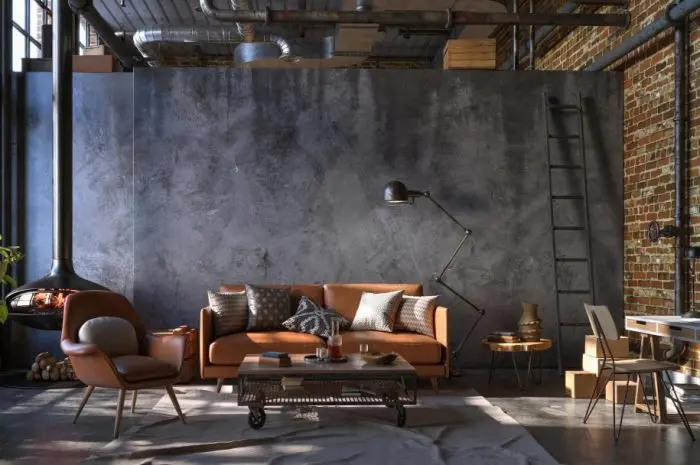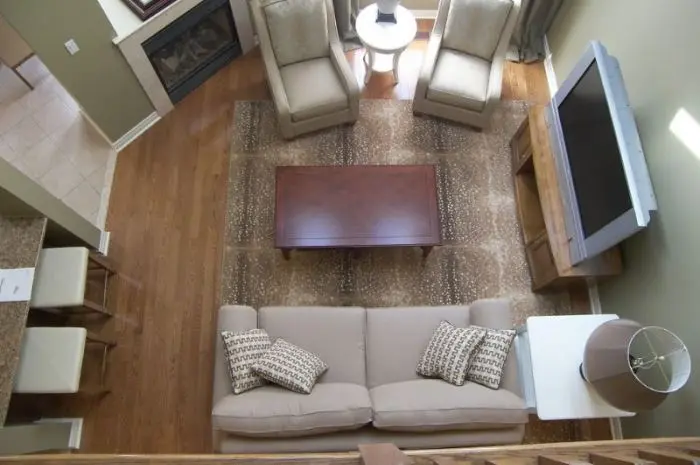In the dynamic world of interior design, blending vintage furniture with modern decor has emerged as a timeless trend that adds depth, character, and a personal touch to any space.
This approach not only celebrates the beauty and craftsmanship of vintage pieces but also harmonizes them with the sleek, minimalist aesthetic of modern design.
Here, we delve into detailed strategies and tips to achieve a balanced, cohesive look that elevates your home’s style.
Understanding the Balance
The key to successfully integrating vintage furniture into modern decor lies in balance. This balance is not just about combining old and new but finding a harmony that respects the integrity of each piece while creating a unified, inviting space.
Selecting the Right Vintage Pieces
Choosing the right vintage pieces is crucial. Look for items that not only have a distinctive character but are also in good condition. Quality vintage furniture can add a unique, timeless appeal to your modern space, acting as focal points or accent pieces.
Creating a Cohesive Color Palette
A cohesive color palette can unite vintage and modern elements effortlessly. Neutral colors work well as a base, allowing the distinctive textures and colors of vintage furniture to stand out without clashing with the modern aesthetic.
Incorporating a mix of complementary and contrasting colors can also add visual interest and depth.
Mixing Textures and Materials
Integrating a variety of textures and materials enhances the visual appeal and adds depth to your decor.
Combine smooth, modern finishes with the rich, tactile surfaces of vintage pieces. This contrast can highlight the unique qualities of each item, creating a layered, sophisticated look.
Strategic Placement
The placement of vintage furniture in a modern setting should be strategic. Consider using vintage pieces as statement items in a room, such as a vintage armchair in a contemporary living room or an antique table in a modern dining area. The goal is to allow these pieces to stand out without overwhelming the space.
Accessorizing Wisely
Accessories can bridge the gap between vintage and modern styles. Vintage accessories like lamps, mirrors, or artwork can complement your vintage furniture, while modern accessories can help tie the look together. Be selective and aim for a balanced mix that reflects your personal style.
Incorporating Modern Elements
While the focus may be on vintage pieces, incorporating modern elements is essential to maintain a contemporary vibe. Modern lighting, rugs, or art can complement vintage furniture and help create a seamless blend between the old and the new.
Personalizing Your Space
Ultimately, your home should reflect your personality and style. Personalization is about choosing pieces that speak to you, whether vintage or modern, and arranging them in a way that feels authentic and inviting. Your space should tell your story, with every piece having its place and purpose.
Lighting: The Unifying Element
Lighting plays a crucial role in blending styles. Modern lighting fixtures can highlight vintage furniture, accentuating its beauty and craftsmanship, while soft, warm lighting can enhance the cozy, inviting feel of a room.
The Art of Layering
Layering is a subtle art that involves combining various elements in a way that adds richness and depth. Use rugs, throws, cushions, and artwork to layer your space, mixing vintage and modern pieces to create a dynamic, textured look.
Embracing Negative Space
In the dance of blending styles, negative space – the area around and between objects – is just as important as the pieces you choose.
Allowing for ample negative space ensures that each piece can breathe, preventing your space from feeling cluttered and allowing the beauty of both vintage and modern elements to shine.
Maintaining Functionality
While aesthetics are important, functionality should never be compromised. Ensure that your space remains livable and practical, with each piece serving a purpose. A well-designed space is not only beautiful but also enhances the quality of your daily life.
Conclusion
Merging vintage furniture with modern decor is an art that requires thought, creativity, and a keen eye for design.
By following these detailed guidelines, you can create a space that is both stylish and personal, a testament to the timeless appeal of blending the old with the new.
Remember, the most important aspect is to create a home that feels right to you, a space where every piece tells a story and contributes to the overall harmony and beauty of your environment.




